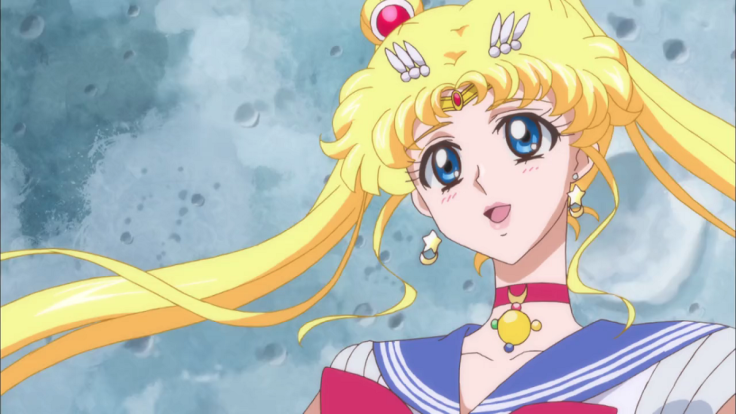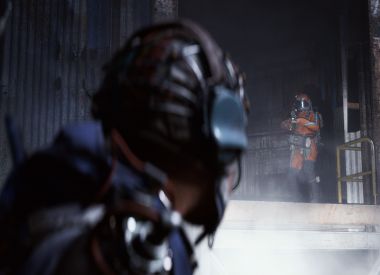Voice actor and director Stephanie Sheh, known for voicing Sailor Moon in Sailor Moon Crystal, Hinata in Naruto, and Orihime in Bleach (among many other anime and video game credits) spoke to us at Otakon about what it takes for a voice actor to succeed in the booth, what it's like for a voice actor to become a director and what it's like to get the best possible performance no matter what role you're playing.
Coming from a voice acting background gives Sheh special insight on what hinders voice actors from doing their best work. "I think your job as a director is to get the best performance possible," Sheh told Player.One. "And I really do believe that you get the best performance possible from an actor who feels comfortable and confident. A lot of actors are insecure, so you want to create a safe space for them to try things and not feel embarrassed or worried."
Voice actors can feel insecure about a number of things, from how to incorporate critique and direction, to a fear they aren't being directed correctly. "If you're an actor, you've been on the other side of the glass, you know how you can get insecure about certain things," said Sheh.
To resolve that, she points to the importance of clear and specific communication. "If they're doing something that you don't want, you should not say, 'Great,'" she warned. Sheh recommends a director be as specific as possible. "You can say, 'I loved your energy, but I think it's a little too shouted for this area,' or just say, 'You know what? I could hear the judgmental quality in that line, but I think that in this moment, she's still insecure, and I'd like to hear a little bit more of that.'" This kind of feedback, said Sheh, will help a voice actor feel more comfortable. A voice actor who is comfortable will do better work.
"I always tell people that we're just here to explore, there's no right way or wrong way, because my viewpoint is that, if you love to act, then you love to act, and if I make you do 20 takes, that means you had 20 opportunities to act," said Sheh. "But I think a lot of actors come into the mentality of, 'if I had to do 20 takes, what am I doing wrong? I'm not getting it right.' So I really do try to remind them of that."
Another issue Sheh sees a lot is a voice actor whose insecurity leads them to apologizing, over and over, for no reason. But the issue with over-apologizing isn’t simply that all the sorries aren’t necessary. An insecure actor, said Sheh, is not doing their best work.
"There's nothing to apologize for. So if they say, I'm sorry, I'm immediately like, 'There's no reason to say I'm sorry!' And then, the really insecure ones say, 'Oh, I'm sorry.' Like they say sorry for being sorry, and you kind of know what you're dealing with,” said Sheh. "As an actor, your job is to give to the role and to give to the piece. You are not being a generous actor, you are not doing your job, if you are focused on yourself. I get it, we should have sympathy because you're insecure, but in a way, you're being very self-centered."
The best voice actors are the ones with confidence, said Sheh, the ones for whom each new take is a new opportunity to dive into character and explore those emotions. These voice actors are able to uncouple direction from any personal slight, giving them more freedom to explore a wider range of vocal expression.
"I do find that the actors that are the best, and the actors that work a lot, have a level of confidence. And I think the actors that succeed are the ones that welcome each opportunity with each direction," she said. "They see it as an opportunity to play again, to do something different, to explore, to find something new."
Sheh points out that an acting background is indispensable for pulling the best performances out of a voice actor. "I do find in anime right now, there's a trend to use newer and newer actors, especially fans too. That's the problem with fans, they're watching anime and they're pretending to sound like anime. But they're not going through all these emotions and they don't speak actor, so you give them a direction and they want a line read. They want to be told how to say it, instead of finding it and exploring and looking within themselves," said Sheh.
Do you hope to be a voice actor some day? Who are some of your favorite voice actors and roles? What makes their work stand out for you? Feel free to talk about the voice acting dream and Stephanie Sheh's insights into the industry in our comments section below.


















